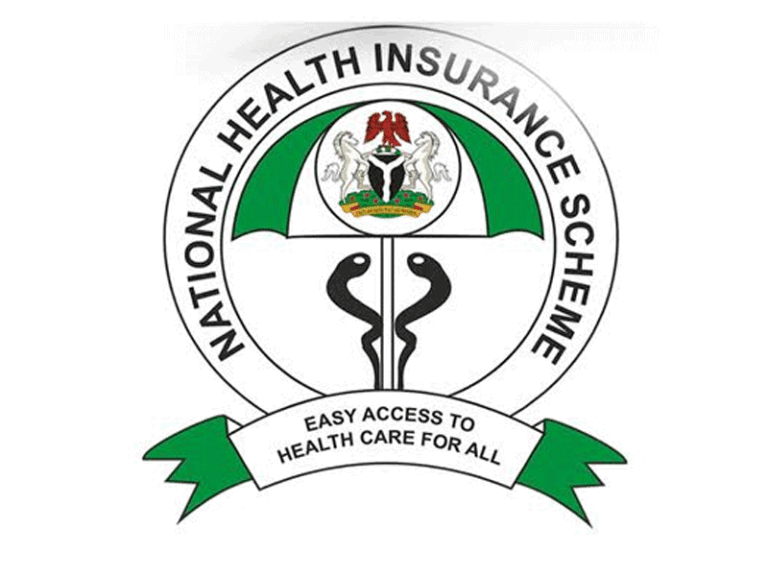
By Charles Madu
The digital advertising landscape in Nigeria has grown exponentially, offering brands and businesses an unparalleled opportunity to engage with their target audiences. However, this growth has also attracted increased scrutiny from regulatory bodies such as the Advertising Regulatory Council of Nigeria (ARCON) and the National Insurance Commission (NAICOM). While regulations are necessary to maintain ethical standards and protect consumers, the recent stringent requirements for pre-exposure approvals of social media content have sparked debates about their implications on creativity, agility, and marketing budgets.
ARCON’s Stance on Digital Advertising
In August 2022, the ARCON Act was signed into law, granting the council broad powers to regulate advertisements across all media channels. A notable extension of these powers was the December 2022 mandate requiring skit makers, social media influencers, bloggers, and other digital media stakeholders to obtain pre-approval for all online advertisements. ARCON now charges N7,500 for a standard 7-day approval process, N70,000 for an expedited 2-day review, and N100,000 for a 1-day expedited review.
While ARCON’s rationale for these measures may stem from a need to ensure ethical advertising practices and prevent misleading content, the associated costs and delays are proving to be significant hurdles for businesses, especially in fast-paced industries like insurance.
NAICOM’s Double Layer of Regulation
Insurance companies face an additional layer of bureaucracy, as they must also secure approval from the National Insurance Commission (NAICOM) for every creative concept. With NAICOM’s vetting fee set at N100,000 per concept, marketing managers in the insurance industry are burdened with dual regulatory processes. This dual approval requirement not only stifles creativity but also inflates marketing costs, reducing the industry’s ability to compete in a highly dynamic digital space.
Insurance penetration in Nigeria remains remarkably low at less than 3%, especially when compared to the banking sector, which now boasts a penetration rate of over 60%. One effective way for insurance companies to address this low awareness is through robust and strategic communication, particularly via digital channels. However, the high costs associated with regulatory approvals by NAICOM and ARCON present a significant challenge. To overcome this, stakeholders must explore internal solutions and prioritize necessary reforms to streamline the process.
The Impact on Creativity and Agility
Creativity thrives in an environment where marketers can quickly respond to trends, consumer behavior, and market needs. The mandatory approval processes introduce delays that could render time-sensitive campaigns obsolete. For instance, leveraging a viral trend or addressing a pressing consumer concern often requires real-time engagement—something nearly impossible under a 7-day approval window. The option for expedited approvals is available but comes at a prohibitive cost, further straining marketing budgets.
Financial Implications for Marketing Budgets
The cost of compliance with ARCON and NAICOM regulations is eating into already constrained marketing budgets. For small businesses and even medium-sized organizations, these fees can be prohibitive, forcing marketers to scale down their campaigns or avoid advertising altogether. Larger organizations may absorb these costs, but they do so at the expense of resource allocation for other critical areas of their marketing strategies, such as innovation, analytics, and customer experience.
A Call for Balanced Regulation
While regulations are necessary to safeguard consumers and uphold ethical standards, they should not create bottlenecks that hinder creativity, innovation, and business growth. Both ARCON and NAICOM must explore ways to streamline their processes, reduce costs, and introduce flexibility to accommodate the fast-paced nature of digital advertising.
- Cost Reduction: ARCON and NAICOM should consider lowering their approval fees or introducing a tiered pricing structure based on the scale of the campaign or the size of the business.
- Faster Standard Approvals: Extending the standard approval timeframe from 7 days to 2–3 days at no additional cost would enhance agility without compromising regulatory oversight.
- Automated Review Processes: Leveraging technology such as AI-driven content review systems could speed up approvals while maintaining compliance.
- Exemptions for Low-Risk Content: Not all content requires the same level of scrutiny. Exemptions could be granted for low-risk, non-promotional, or educational content.
Conclusion
The current regulatory framework places undue strain on marketing teams, particularly in industries like insurance, where dual approval processes are required. While the intent behind these regulations is commendable, their implementation must evolve to align with the realities of digital advertising. A more balanced approach would ensure that consumer interests are protected without stifling the creativity and agility that drive successful marketing campaigns.
Regulators, brands, and industry stakeholders must engage in meaningful dialogue to address these challenges and find common ground. The future of Nigeria’s digital advertising ecosystem depends on achieving a balance that fosters innovation while maintaining ethical standards.












